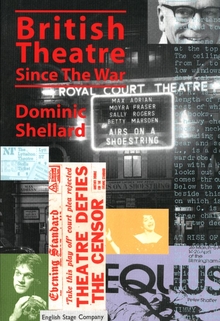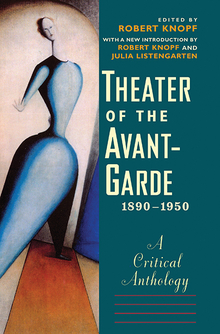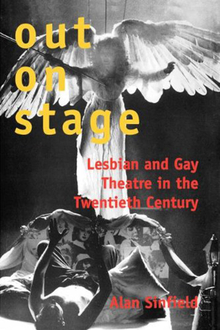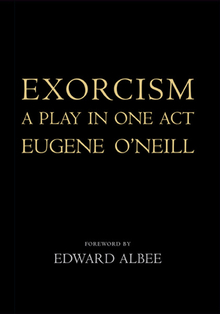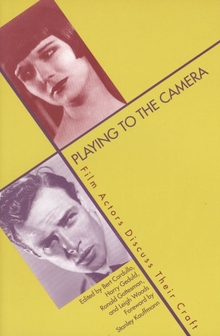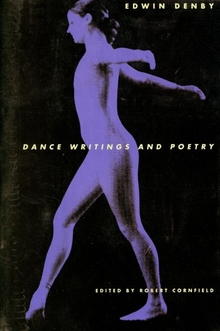British Theatre Since the War
WARNING
You are viewing an older version of the Yalebooks website. Please visit out new website with more updated information and a better user experience: https://www.yalebooks.com
Dominic Shellard
Dominic Shellard moves chronologically through the half-century, discussing important plays, performers, directors, playwrights, critics, censors, and agents as well as the social, political, and financial developments that influenced the theatre world. Drawing on previously unseen material (such as the Kenneth Tynan archives), first-hand testimony, and detailed research, Shellard tackles several long-held assumptions about drama of the period. He questions the dominance of Look Back in Anger in the 1950s, arguing that much of the theatre of the ten years prior to its première in 1956 was vibrant and worthwhile. He suggests that theatre criticism, theatre producers, and such institutions as the National Theatre and the Royal Shakespeare Company have played key roles in the evolution of recent drama. And he takes a fresh look at the work of Terence Rattigan, Harold Pinter, Joe Orton, Alan Ayckbourn, Timberlake Wertenbaker, and other significant playwrights of the modern era.
The book will be a valuable resource not only for students of theatre history but also for any theatre enthusiast.
“A good up-to-date introduction to the field. . . . If Yale issues a paperback edition, this will surely become the first stop for students beginning the study of this fascinating period.”—Dan Rebellato, Theatre Research International
“Unpretentious, eminently readable . . . a meticulously researched, admirably even-handed study, which puts in a word for the finely wrought tenderness of Terence Rattigan . . . as well as for the gut-wrenching realism of Sarah Kane.”—Terry Eagleton, Times Literary Supplement
“In this well-organised history of the modern British stage Dominic Shellard takes us through the changes to our theatre since 1945. Censorship, subsidy, dramaturgy, acting, directing, design, not to speak of the fringe, politics, sex, the regions, touring and the waxing and waning of great companies—and all neatly summarised within 200-odd pages. It’s a miracle. . . . [The book] simply sizzles with nostalgia.”—Eric Shorter, Theatre Print
“A very good, well-judged book, which will be most useful to students and of general interest to keen theater goers.”—Michael Sanderson, Albion
Publication Date: September 10, 2000

